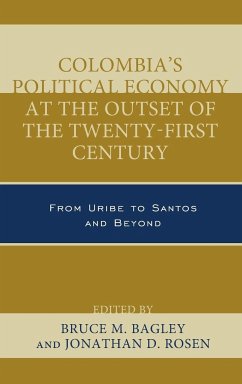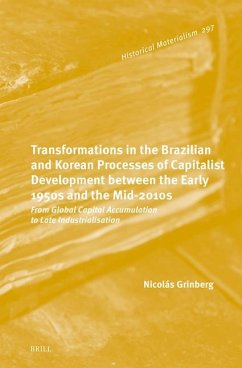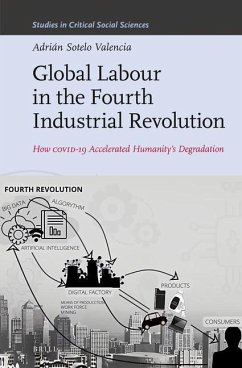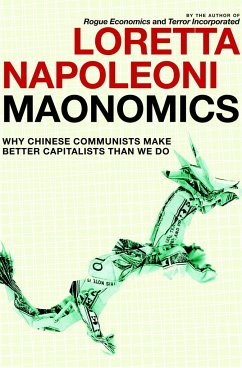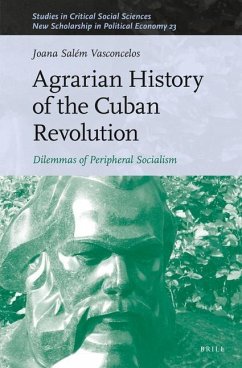
Brazilian Bourgeoisie and Foreign Policy
Versandkostenfrei!
Versandfertig in über 4 Wochen
159,99 €
inkl. MwSt.
Weitere Ausgaben:

PAYBACK Punkte
80 °P sammeln!
With notable originality Tatiana Berringer presents, theoretically and empirically, a truly consistent Marxist analysis of Brazilian foreign policy under FHC and Lula governments, and reflections on Dilma, Temer, and Bolsonaro governments.



